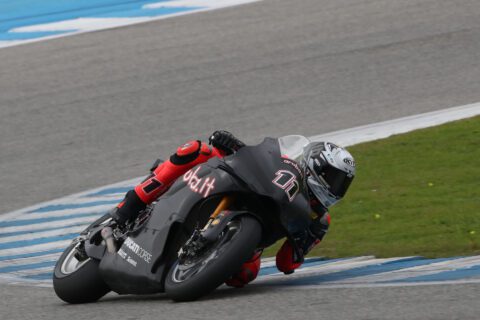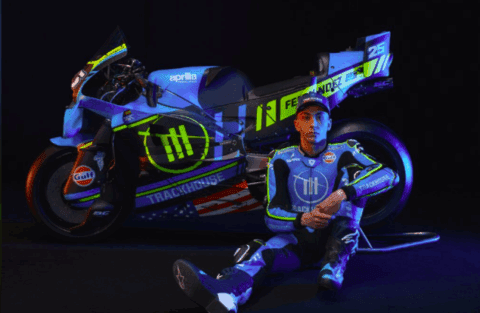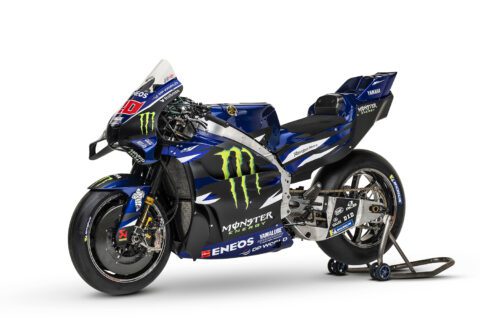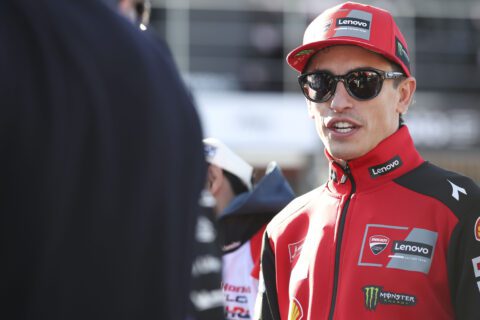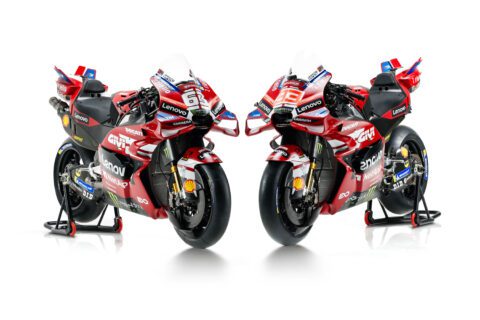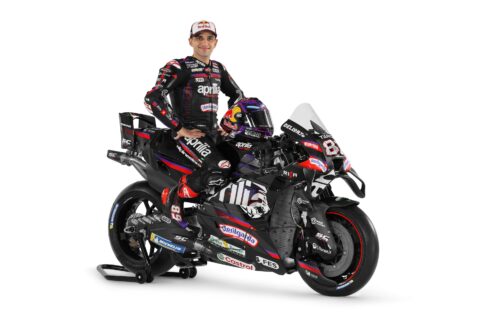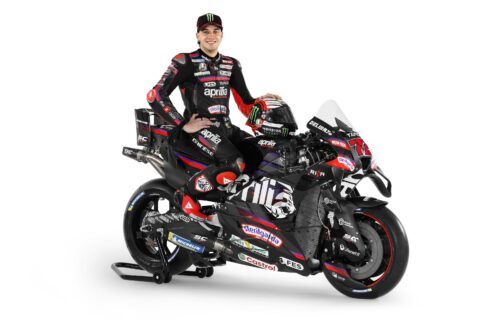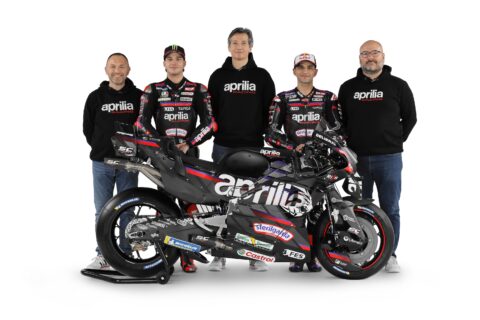The cost of racing, highlighted last week with the news that two of Ireland’s most famous meetings might not take place next year and Cookstown also coming under review, seems to be afflicting even the richest in motor sport.
On two wheels and four wheels, from club racing to Grands Prix, it is just too expensive.
Those of us who have a vague interest in Formula 1 will recall how Silverstone were forced to give F1's new owners Liberty an ultimatum: “Either we pay you less, you pay us more or we can’t stage the British Grand Prix.”
The Northamptonshire track, which has been hovering on the brink of insolvency, was losing something like £5m on that one event. The US company, under a huge pressure from team owners based in the UK, was forced to change the deal and in their recently-published third-quarter results had to admit that their earnings were affected by that concession.
Silverstone, unlike most other circuits staging world championship racing whether it be F1, MotoGP or WorldSBK, does not receive state or local tourist board aid. Without it these events elsewhere in the world would not take place.
You can be sure that the Silverstone management, having got their own way with F1, will be having words with Dorna about improving their return from the British MotoGP.
Of course, most motorcycle fans view F1 racing as being, extremely boring and the costs completely barmy. How can hundreds of millions of pounds be spent on creating something so dull?
Before shelling out $8bn to buy the series from Bernie Ecclestone, Liberty was aware that something had to be done. They just didn’t realise it would be so difficult, particularly round their main proposal - a cost cap on the teams. Not surprisingly, Mercedes and Ferrari who had all the money and were doing all the winning, didn’t like it.
However, CEO Chase Carey was encouraged by the success of Dorna boss Carmelo Ezpeleta in taking on the Japanese factories in imposing rules which made MotoGP much more competitive and attractive.
From 2021 F1 will have a cost cap on the teams, shorter weekends and more meetings. And the technology is being changed to make overtaking easier plus a host of other technical tweaks. The newly-constrained cost figures are still mind boggling, a maximum £135m per team not including the wages of the drivers, the three highest paid personnel and the marketing costs.
As someone like Lewis Hamilton probably gets £40m a year in driver fees alone you might guess that Mercedes may be confined to spending a mere £250m. Currently, teams like Mercedes and Ferrari, both of whom employ hundreds of people, are said to fork out well in excess of that while most, like Williams, are well below it - a mere £100m.
Of course, they get a large amount of it back in payments from the promoters and sponsorship and, according to the Mail on Sunday, tax relief on their losses...
The teams based in the UK received £13.6m in tax relief from HMRC last year it was said - they apparently lost £60m - taking their tax back from we tax payers to an estimated £120m over the last ten years. They also, of course, receive tax credits for software development and the like.
What a game...
In complete contrast Dorna delivers MotoGP to circuits for around a quarter of the F1 fees, circa €5m. But cost is still an issue for all motorcycle racing whether it be club events or world championships because sponsorship, TV money, entrance fees for the championships, although often higher in attendance, are so much less in revenue than F1.
How much does it cost to run a bike racing team? A top BSB outfit will probably cost the owner £1m plus; WorldSBK teams may average £2/£3m; and MotoGP £10/£15m for an independent team and probably three times that for works teams.
But that will be all in including riders wages remembering, of course, that some riders don't get paid, they raise money to buy their ride.
Club racing has declined over the years, although levelling out recently, through the cost of entry fees, tyres, fuel being a real barrier. Road racing, as we have read, has its own problems and while admiring the sheer persistence of the Irish organisers - too little money and too much rain - in keeping it going the future is not promising.
Should the playing field be levelled even more in WorldSBK to make it what is is, a production bike series? Can fans tell the difference between Superbike and Superstock machines with only a second a lap between them?
It was a bad move by Dorna to drop the Superstock class while adding a Superbike 'sprint' race. British Superbikes run both successfully, one being a feeder series for the other with BSB chief Stuart Higgs having the common sense to limit the amount of expensive tech on Superbikes. And MSV lead the world in recognising they are in the entertainment business by adopting the US Shootout, renaming it the Showdown, and ensuring a championship battle to the end.
Both WorldSBK and MotoGP titles were decided long ago but Dorna are rather sniffy at copying a 'gimmick' which the FIM presumably regard as not worthy of world championship status. How many people were watching the final round of WorldSBK in Qatar?
But it has to be said that Dorna's management of MotoGP has been a great success, the best it has ever been and the envy of every world championship series, two wheels or four, in the world. The question is, what next?
Complacency is the enemy of all businesses and the series must continue to evolve. The brilliance and domination of Marquez is a thing of wonder but it could only be good for the sport if a youngster like Quartararo could take the title away from him next season.
Rossi is, of course, still the big star but at 40 his amazing career is reaching its end. Indeed, he should quit now while still able to remain in the top five.
F1 doesn't have much to copy but they have young drivers capable of winning world championships now and their new rule insisting that every team should have youngsters on their books seems like a good idea.
With the exception of the young Frenchman in MotoGP are we getting enough, or indeed any, teenagers on the podiums of our major series? Moto3 and Moto2 provide the opportunity and fantastic racing. Indeed, who needs expensive 1000cc prototype racers!
But the Superbike countries without the feeder systems and support of Spain are not. Promoters like MSV and Dorna are investing but more help is required from the governing bodies, the FIM and the ACU, and the manufacturers.


